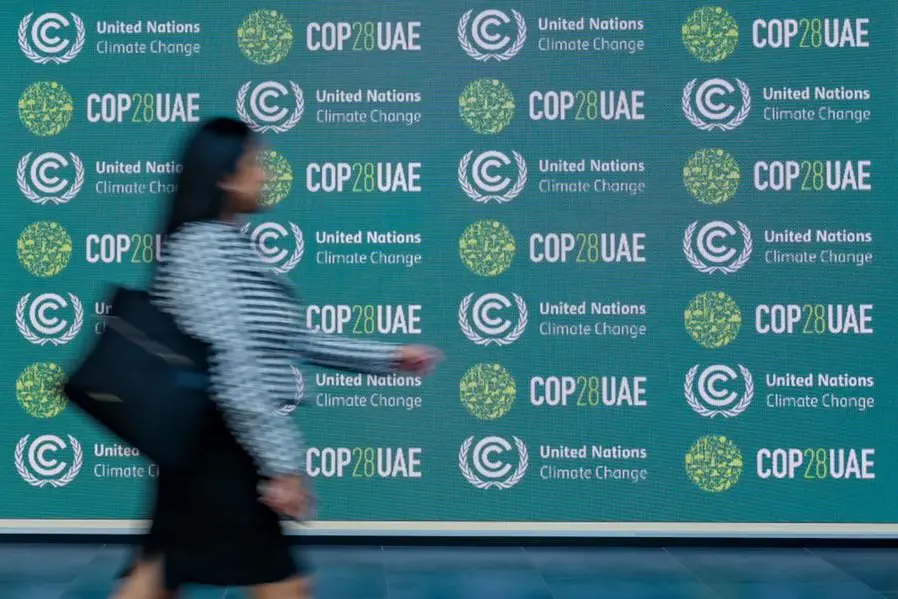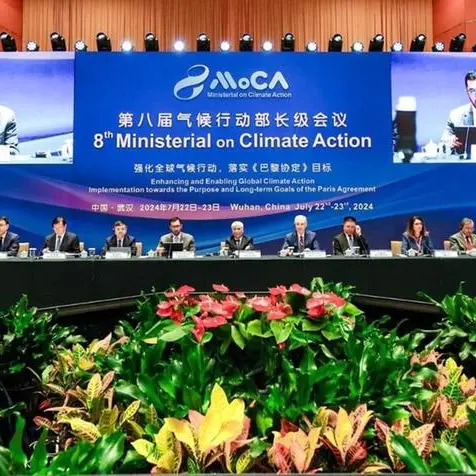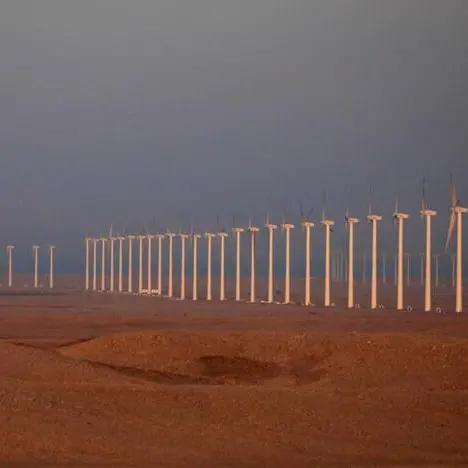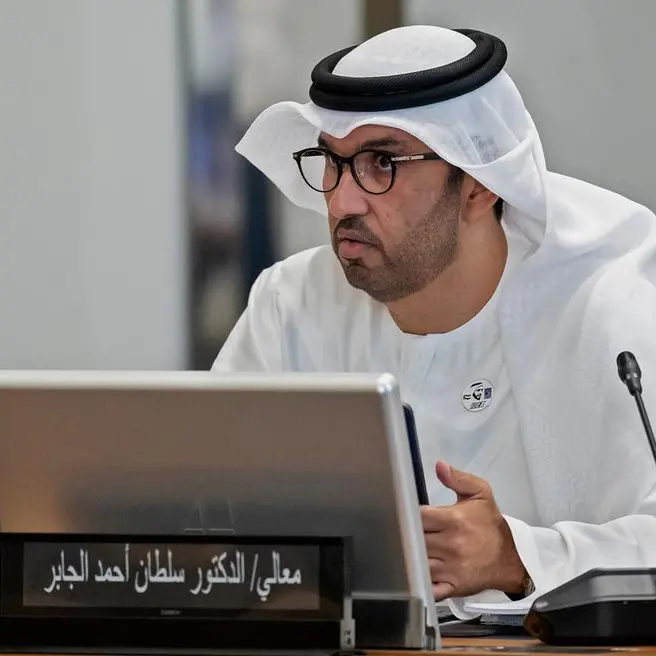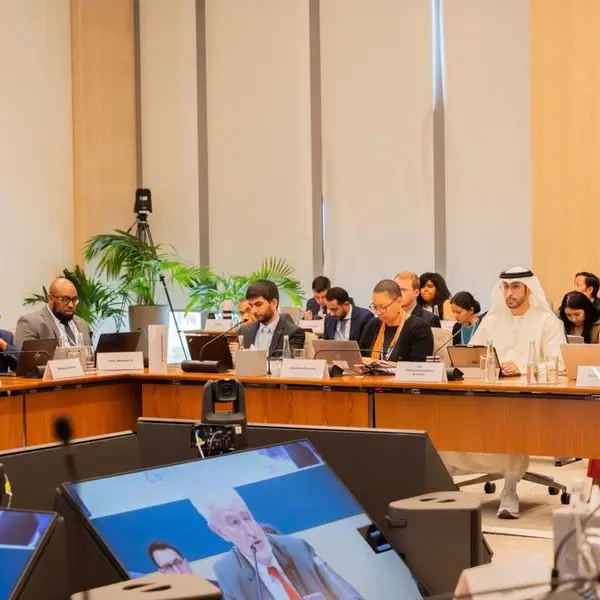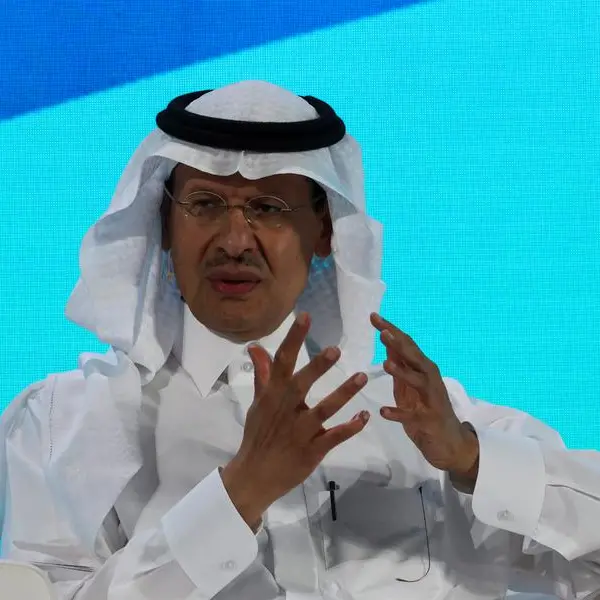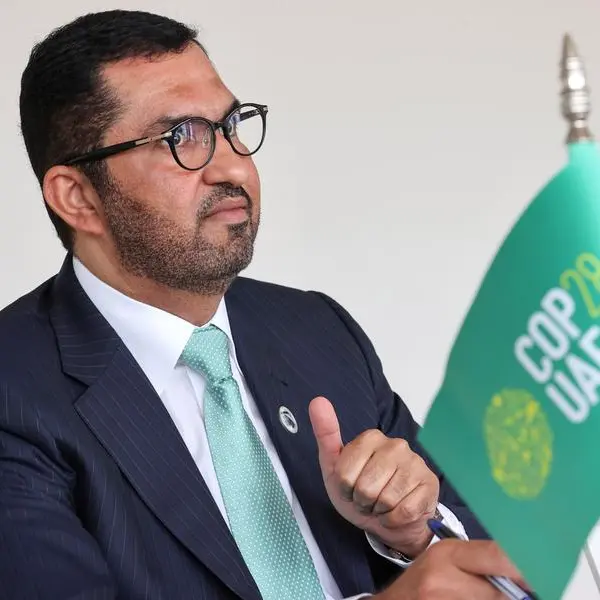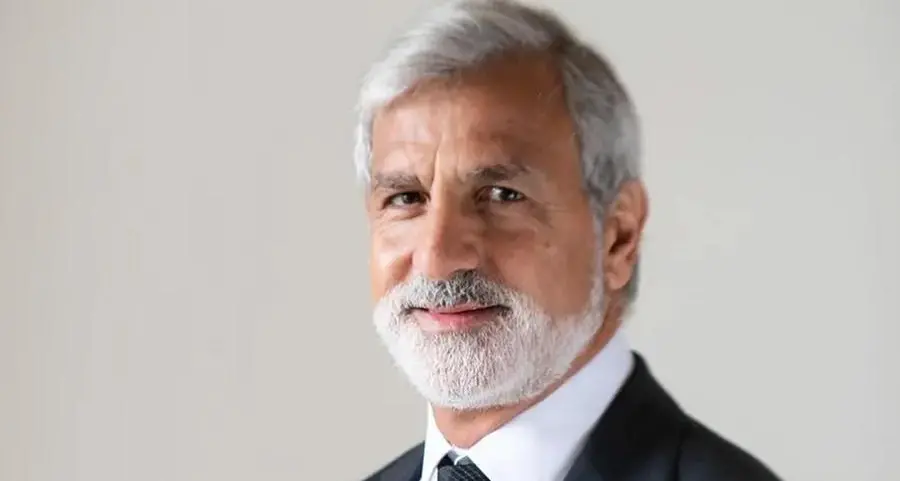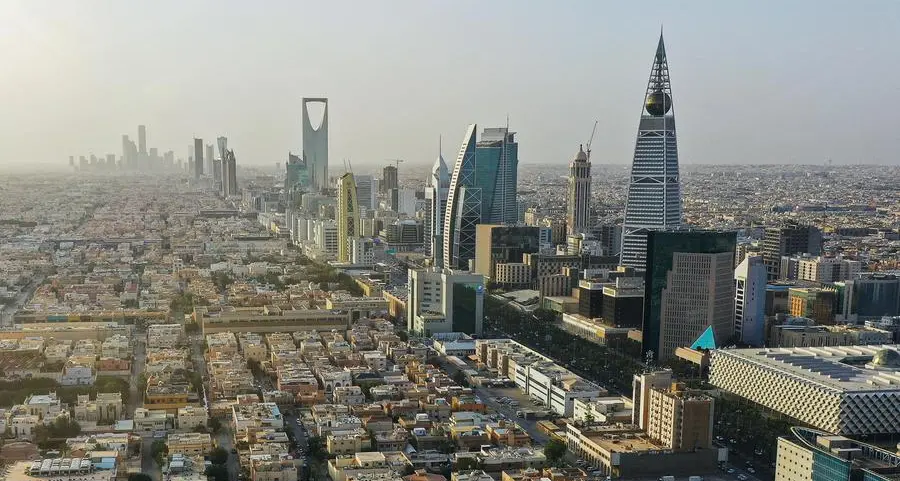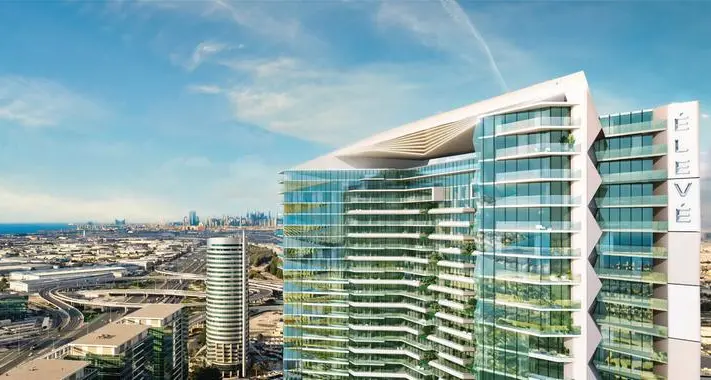PHOTO
The UAE, Azerbaijan and Brazil – the host countries of COP28, COP29 and COP30, have formed a troika strongly calling for “early submission of high ambition Nationally Determined Contributions (NDCs) to take forward the UAE Consensus.
The first troika that has been formed by the COP hosting nations ever in order to push forward the climate agenda, will work closely to drive climate ambition between COP28, COP29 and COP30.
The Troika issued a letter also to all 198 United Nations Framework Convention on Climate Change (UNFCCC) Parties in this regard.
The letter included a commitment from the three countries to submit their own 1.5°C —aligned NDCs by early 2025. NDCs should be economy-wide, cover all greenhouse gases – including methane - and include policies which deliver emission reductions of 60 per cent compared to 2019 levels, before 2035, he said.
“This Troika will help to ensure that the next crucial round of Nationally Determined Contributions are in line with keeping our collective North Star of 1.5°C within reach,” said COP28 president Dr Sultan Al Jaber.
He said the UAE Consensus was a victory for multilateralism as countries set aside self-interest for the common good and united around the common goal of keeping 1.5°C within reach.
The next round of NDCs represents “a critical tool for correcting course” on climate action, Dr. Al Jaber said. “Parties must do the work now to ensure that their NDCs meet the urgency of the moment – and are submitted at least nine months before COP30.”
The COP28 President called for attendees to “follow the science” and ensure energy transition pathways are “just, orderly and responsible”.
The Troika has also submitted a letter to United Nations Secretary-General António Guterres to “ensure there is a unified, coherent, and effective technical support framework to member states, particularly developing countries, to prepare and implement the next generation of their NDCs.”
Dr Al Jaber added: “At COP28 collectively, we changed the mindset that views climate action as a burden to one that sees it as an opportunity to stimulate new industries, leverage new technologies, including the transformative power of AI, create new jobs and drive sustainable growth.”
He said: “Efforts to reduce emissions must be matched by equally strong action on adaptation”. Parties should design comprehensive National Adaptation Plans that cover food systems, water security, nature and health, are focused on people’s lives and livelihoods and “critically, they must be well funded,” he added.
Copyright © 2022 Khaleej Times. All Rights Reserved. Provided by SyndiGate Media Inc. (Syndigate.info).
